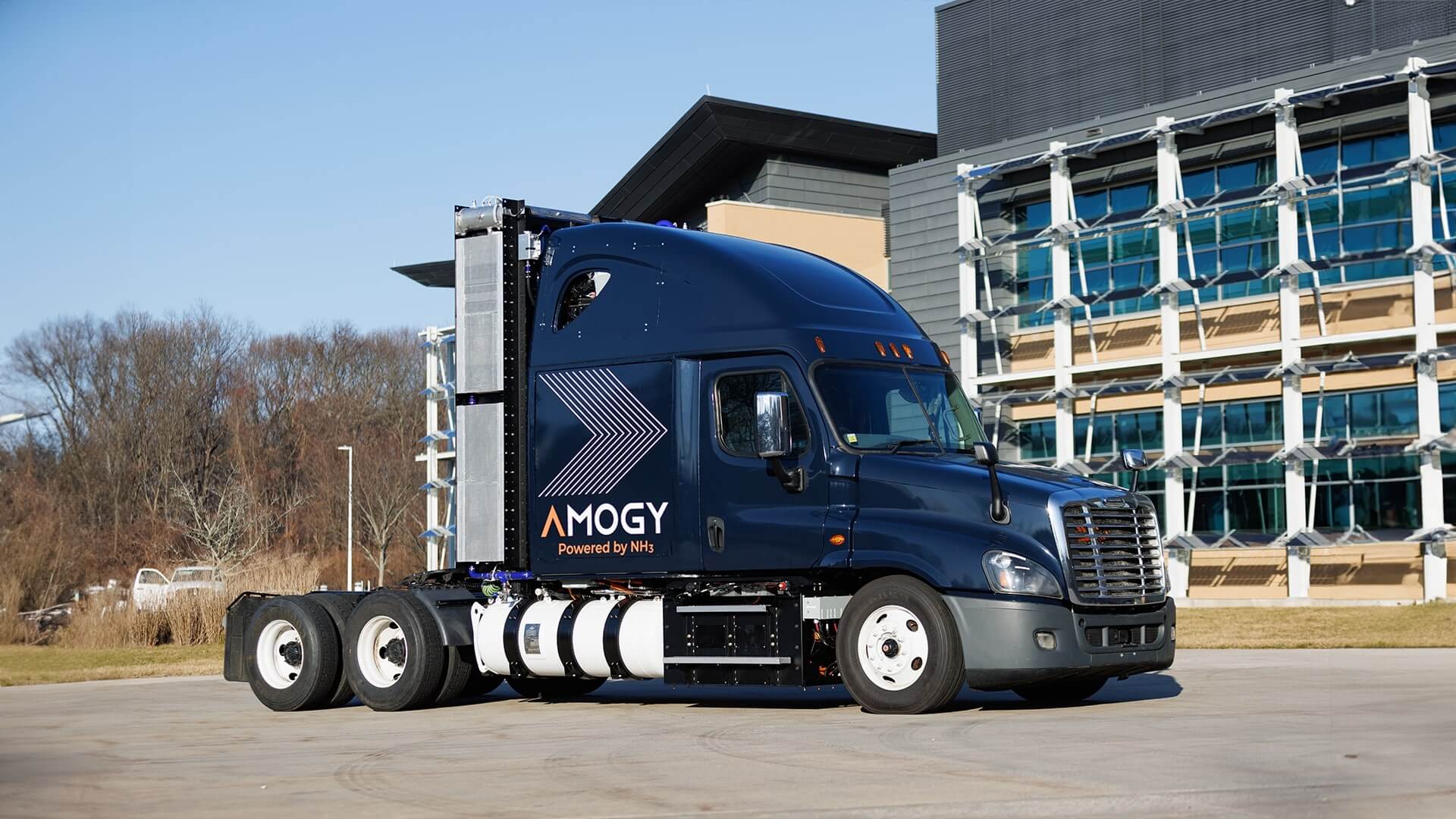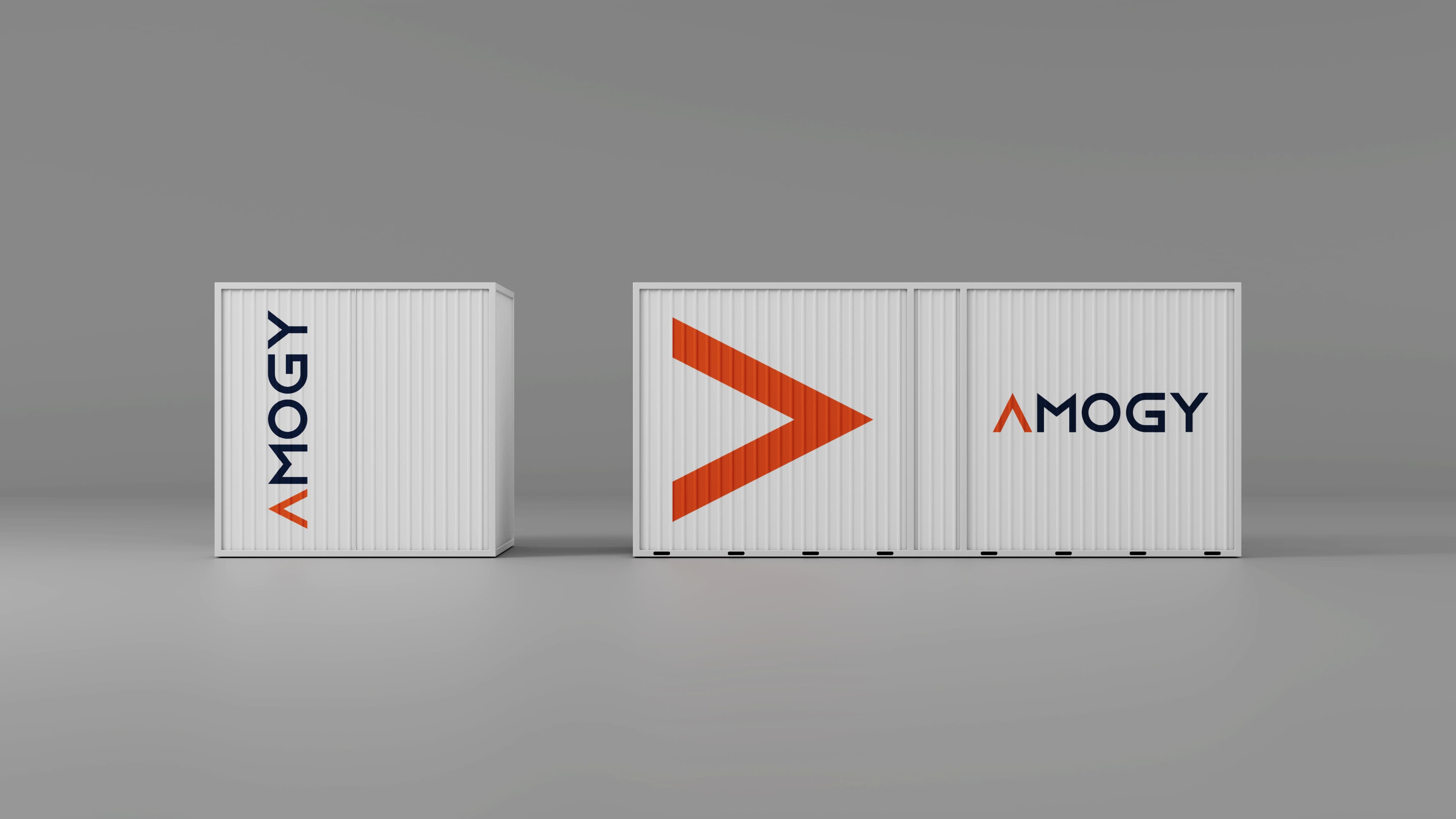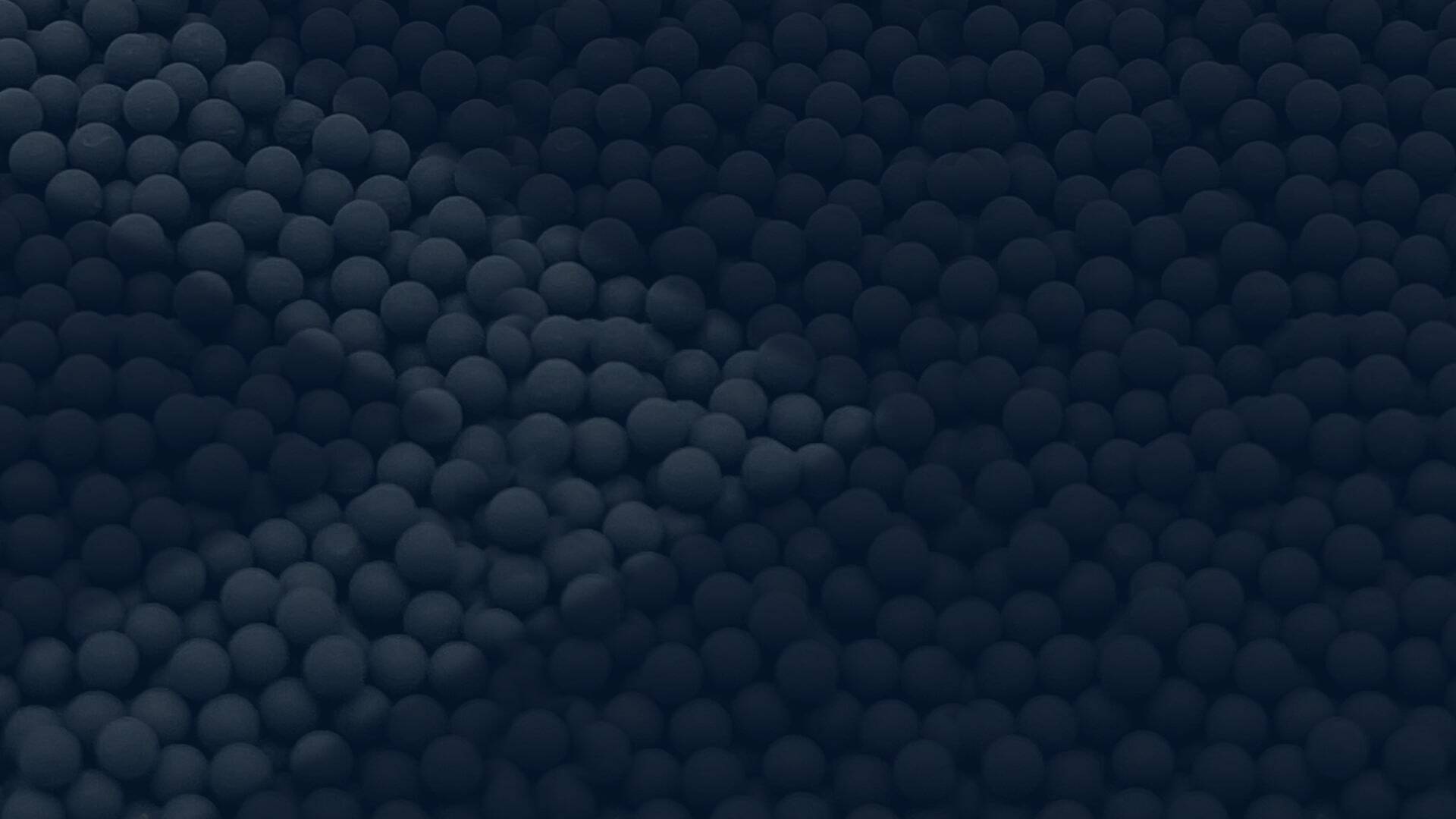Technology
Ultra-efficient ammonia-to-power conversion
Our patented ammonia cracking technology is the missing piece to the decarbonization of our heaviest industries — an ultra-efficient way to fully convert ammonia (NH₃) to electric power — with no direct ammonia combustion.
The Amogy reformer
Our reformer enables ammonia to be used as fuel for technologies that otherwise use hydrogen — no diesel pilot fuel required. For hydrogen fuel cells and engines, it enables higher energy storage density and lower fuel costs. For ammonia engines, it enables decarbonization and eliminates the need for separate diesel fuel storage and feed systems.

Benefits
Up to 35% higher reforming efficiency
3x energy density of hydrogen
Unlock ammonia as a fuel for hydrogen-to-power technologies, delivering 3x the energy density of compressed hydrogen.
Significant emissions savings
The science behind Amogy
Our technology enables carbon-free, high-performance power generation using ammonia as a fuel.

Our technology in action
We have demonstrated what our ammonia cracking technology is capable of in real-world applications — and achieved multiple world firsts in the process.

World’s first carbon-free, ammonia-powered drone
In July 2021, we successfully demonstrated the first ever ammonia-powered carbon-free drone flight at a 5 kW scale.
World’s first carbon-free, ammonia-powered tractor
In May 2022, we demonstrated the first ammonia-powered, zero-carbon tractor at 100 kW.


World’s first carbon-free, ammonia-powered semi-truck
In January 2023, we presented the world’s first ammonia-powered semi-truck, successfully scaling our ammonia cracking technology to 300 kW.
World’s first carbon-free, ammonia-powered vessel
In September 2024, we launched the world's first carbon-free, ammonia-powered vessel - the NH3 Kraken.

Our products

AMMDrive™ System
Modular and scalable ammonia-to-electrical power systems built to decarbonize the hard-to-abate sectors.

Ammonia Cracking Catalysts
Our high-conversion ammonia cracking catalysts are up to 70% more efficient than other commercially available alternatives.